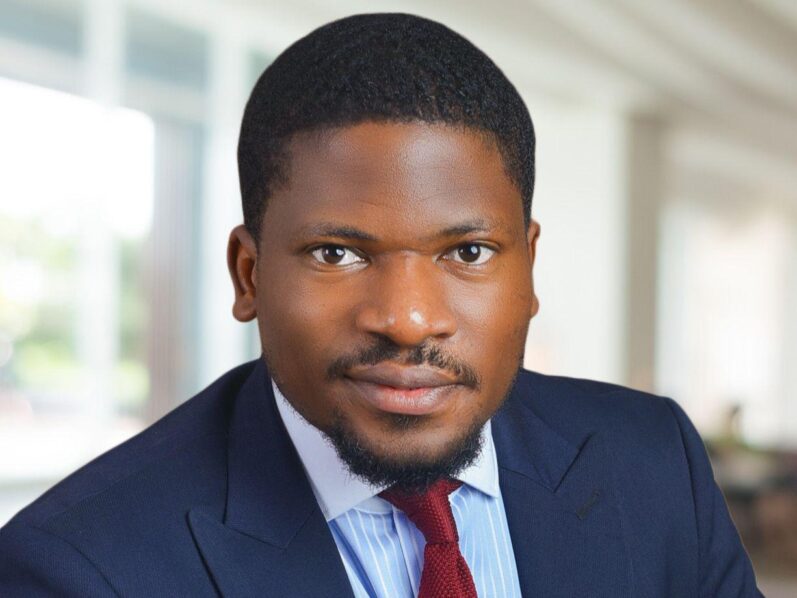
Access to contraceptives and family planning services remains one of the most significant barriers to improving maternal and child health in sub-Saharan Africa. Mikail Aliyu, a seasoned public health expert with over 11 years of experience, is tackling this challenge head-on. Currently pursuing a Doctorate in Public Health (DrPH) at the University of California, Berkeley, Mikail’s research focuses on designing sustainable and equitable solutions to expand contraceptive access and address the broader healthcare needs of underserved communities.
Mikail’s work highlights the critical intersection between contraceptive access and maternal health outcomes. By improving family planning services, he aims to empower women to make informed decisions about their reproductive health, ultimately reducing unintended pregnancies and complications during childbirth. His research at Berkeley delves into the systemic factors that limit access to contraceptives, from supply chain inefficiencies to sociocultural barriers, and explores how innovative, community-driven interventions can bridge these gaps.
READ MORE: Living well with HIV possible through advances in drug therapy
One of Mikail’s standout contributions has been his advocacy for integrating contraceptive services into primary healthcare systems. He emphasizes that family planning should not exist in isolation but as part of a holistic approach to women’s health. In collaboration with community health workers and local leaders, Mikail has worked on initiatives that bring contraceptive services closer to the women who need them most. His efforts have shown measurable impacts, including increased contraceptive uptake and reduced maternal mortality in areas with historically limited access.
Mikail’s work is rooted in sustainability and scalability. His research explores how renewable energy solutions, such as solar-powered health centers, can ensure the consistent delivery of contraceptives and other essential supplies to remote regions. Additionally, he leverages digital tools to track contraceptive distribution and usage trends, enabling more effective planning and resource allocation.
READ MORE: WHO outlines considerations for regulation of artificial intelligence for health
Cultural sensitivity plays a key role in Mikail’s approach. Recognizing that sociocultural norms often shape perceptions around contraceptive use, he works closely with community leaders, religious figures, and women’s groups to foster acceptance and trust. In one notable project, his engagement with local stakeholders led to a significant increase in family planning consultations, highlighting the power of community-driven change.
As sub-Saharan Africa faces growing demands for reproductive health services, Mikail’s work provides a roadmap for addressing these challenges. By combining rigorous academic research with practical, field-based solutions, he is helping to build systems that prioritize equity, accessibility, and sustainability. His contributions reflect a deep commitment to empowering women and improving health outcomes for families across the region.
Mikail’s journey is a testament to the transformative power of public health when it is guided by innovation and a focus on the needs of those most affected. As he continues his work at Berkeley and beyond, his efforts are shaping a future where contraceptive access and maternal health are no longer obstacles but stepping stones to healthier and more empowered communities.






